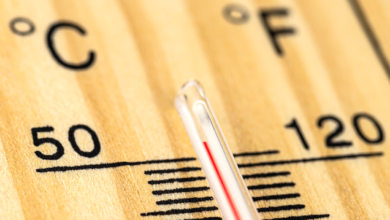Abolish plastics: global treaty forgets chemicals

UN Negotiations for a global agreement to abolish plastics by 2024 began in March
(sustainabilityenvironment.com) – The global plan to abolish plastics makes no sense unless it also touches on the many chemicals that industry uses to obtain materials with particular properties. With negotiations now at a standstill, the options under discussion are still too narrow, starting with “a restrictive definition of chemicals as dangerous additives”. Addressing the issue of chemical compounds should also be an “inseparable” part of the problem.
This is written by 13 of the world’s leading plastic scientists in an open letter published in the journal Science. Under the lens finish the preparatory work for the global treaty to abolish plastic, starting next week after the historic agreement that, in March, gave the official start to the path. The negotiations will last until 2024 and should conclude with a legally binding agreement, at a global level, to say enough about plastic.
Read also Microplastics in the lungs, found for 1 time in living people
One of the stumbling blocks will be the aspect of the legal constraint, which is not well seen by all countries. But the agreement can start to sink – or at least to take on a lot of water – already in these very early stages of discussion. “To achieve this, the treaty must cover all issues relating to plastic chemicals, as an inseparable part of the problem,” write scientists. On the other hand, “of the more than 10,000 chemicals known for plastic, at least 2400 are classified as toxic, like many phthalates and brominated flame retardants”.
The point is that without a stop to these substances, even the recycling of plastic does not eliminate a crucial source of pollution. These chemical compounds, in fact, end up spreading in ecosystems both as emissions and entering new products. “An effective, fair and safe circular economy can only be achieved by phasing out toxic chemicals from plastic production,” reads the letter.
Then the proposal. Instead of the inconclusive definition adopted so far, “to enable the Treaty to fully address the ecological, health and environmental justice problems of plastics, It is essential to redefine plastics as a complex chemical mixture and to integrate chemical issues throughout the life cycle into the scope and core obligations of the legal instrument”.





